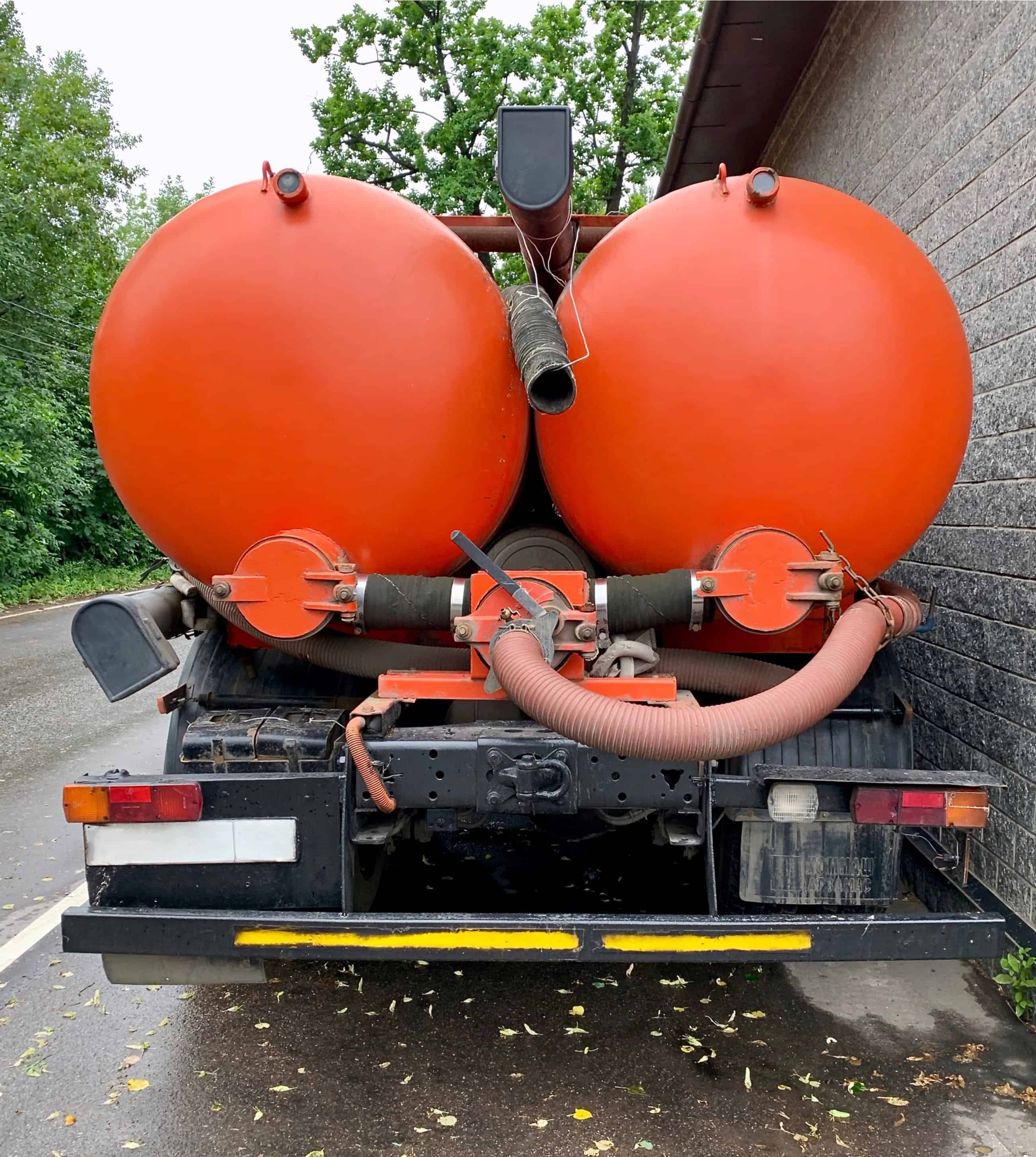Professional septic tank cleaning that prevents backups, eliminates odors, and keeps your Ronkonkoma home running smoothly year-round.
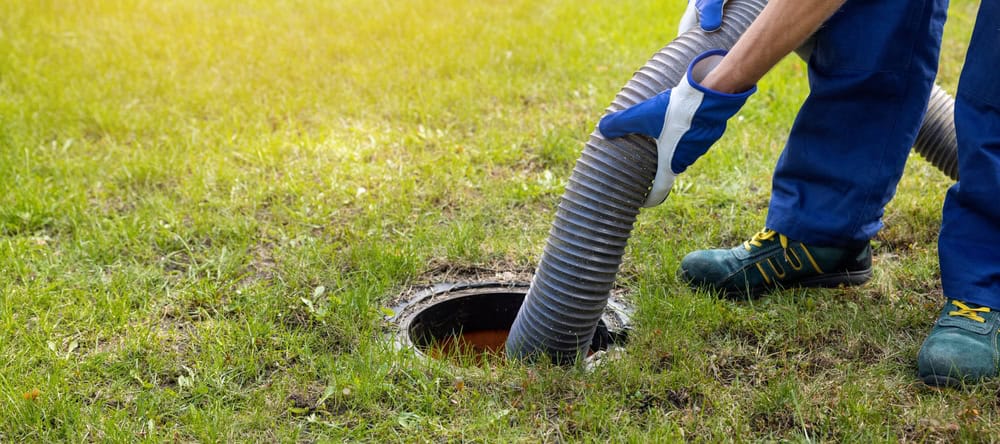
Hear from Our Customers
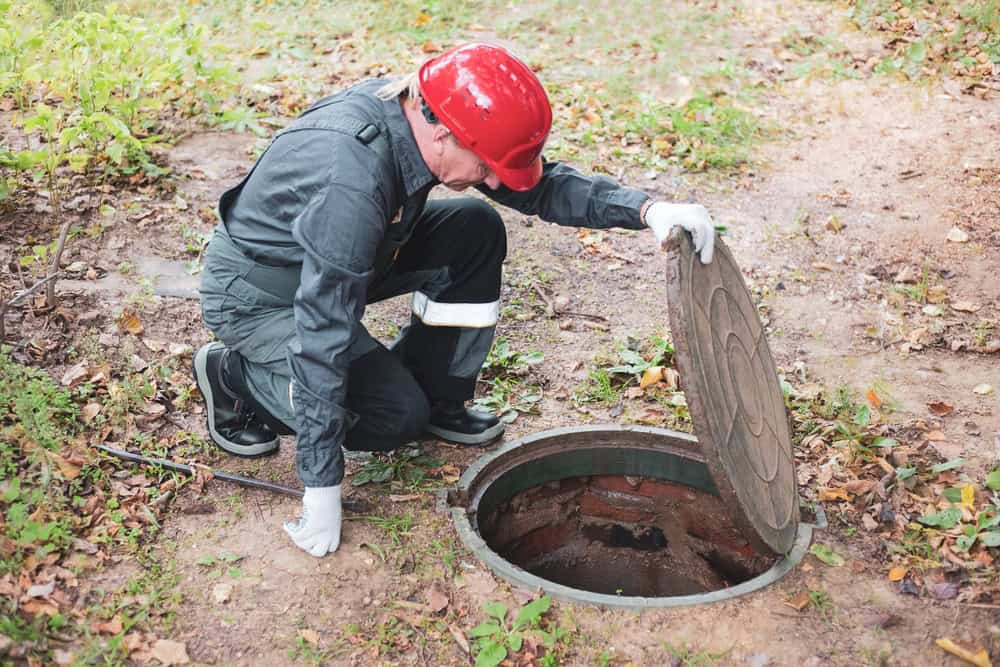
When your septic system works properly, you don’t think about it. That’s exactly how it should be. Our thorough cleaning removes years of buildup that causes slow drains, bad smells, and expensive emergencies.
You get reliable drainage, odor-free property, and the confidence that comes from knowing your system won’t fail when you least expect it. Regular maintenance means avoiding those middle-of-the-night disasters that cost thousands to fix.
Clean systems last longer, work better, and protect your investment. Simple as that.
We’ve been solving septic problems across Long Island for almost two decades. We’re a family business that understands what Ronkonkoma homeowners deal with – from the sandy soil conditions to the seasonal water table changes that affect how your system performs.
Our team knows the local regulations, understands Suffolk County’s requirements, and has seen every type of septic issue you can imagine. When you call us, you’re getting experience that spans four generations of septic expertise.
We show up on time, clean up after ourselves, and give you straight answers about what your system needs.
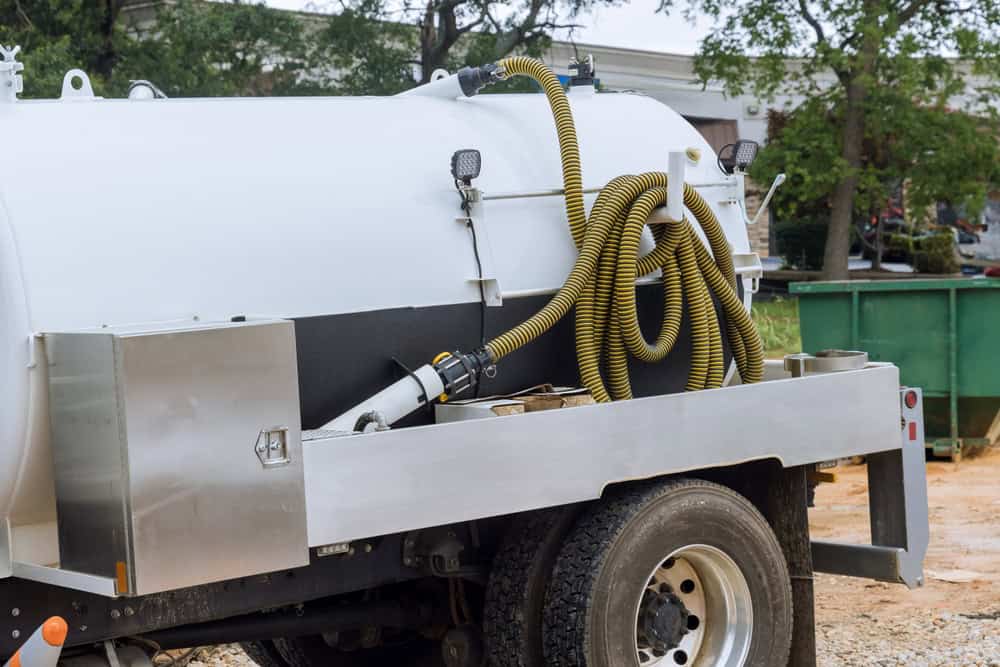
First, we locate and access your septic tank safely. We inspect the system to check sludge levels, look for any obvious problems, and determine exactly what needs attention.
Next comes the pumping. We remove all accumulated solids and liquids, then thoroughly clean the tank walls and components. While we work, we’re checking baffles, inlet and outlet pipes, and the overall condition of your system.
Finally, we test everything to make sure it’s working properly. You get a clear explanation of what we found, recommendations for future maintenance, and documentation of the service. The whole process typically takes 1-2 hours, and we leave your property exactly as we found it.
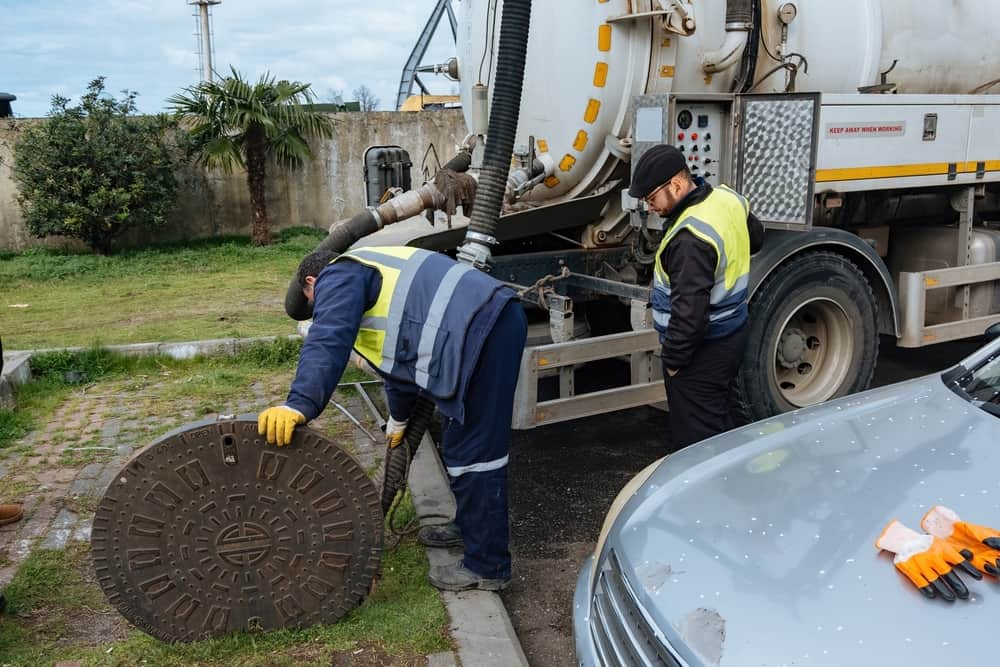
Ready to get started?
Every septic tank cleaning includes complete pumping, system inspection, and performance testing. We check all components, measure sludge levels, and look for potential issues before they become expensive problems.
Ronkonkoma’s unique soil conditions mean your septic system faces specific challenges. The area’s sandy soils can affect drainage patterns, and seasonal water table fluctuations impact how well your system processes waste. We understand these local factors and adjust our service accordingly.
You also get honest recommendations about maintenance schedules. Most Ronkonkoma homes need pumping every 3-5 years, but factors like household size, water usage, and system age can change that timeline. We’ll tell you exactly when to schedule your next service based on what we see in your specific system.
